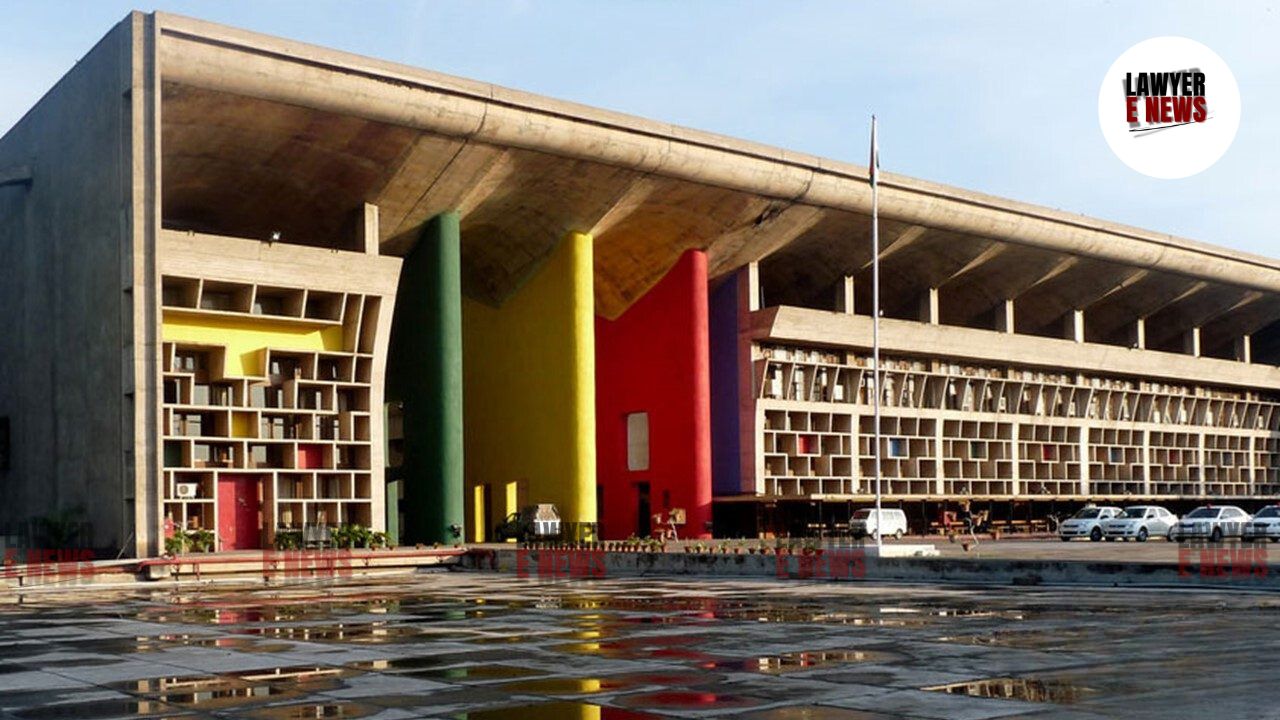-
by Admin
15 February 2026 5:35 AM



Punjab and Haryana High Court, presided by Justice Jagmohan Bansal, set aside a Central Government order referring an 11-year-old industrial dispute to the Industrial Tribunal. The Court held that although the Industrial Disputes Act, 1947 (ID Act), does not specify a limitation period for references under Section 10, claims must be initiated within a "reasonable period."
Jai Singh, the respondent, was employed as a Clerk-cum-Cashier with Punjab and Sind Bank. In 1991, he was dismissed for alleged misappropriation of Rs. 51,500 following a departmental inquiry. His appeal was rejected in 1994. Subsequently, a criminal case was lodged, but the trial court acquitted him in 2005. After his acquittal, Singh approached labor authorities seeking a reference to the Industrial Tribunal, leading to the Central Government's referral order dated August 28, 2006.
Limitation for References Under Section 10 of the ID Act: The petitioner bank argued that even though Section 10 of the ID Act prescribes no explicit limitation period, references must be made within a reasonable time. The respondent’s 11-year delay in seeking reference rendered the claim stale and the referral order invalid. The Court emphasized that while the 2010 amendment to Section 2A introduced a three-year limitation for certain cases, this period could not be retroactively applied. However, the principle of "reasonable time" remained applicable [Paras 7-10].
Impact of Criminal Acquittal on Departmental Proceedings: The respondent contended that his acquittal in the criminal case justified the revival of his employment claims. The Court, citing Kendriya Vidyalaya Sangathan v. T. Srinivas (2004) and State of Rajasthan v. B.K. Meena (1996), reiterated that disciplinary proceedings are independent of criminal trials. The standards of proof differ: disciplinary cases require a preponderance of probabilities, whereas criminal trials require proof beyond a reasonable doubt [Para 11].
Judicial Review Scope under Articles 226/227: The Court referenced Union of India v. P. Gunasekaran to stress that judicial review should not re-examine evidence or interfere with findings unless procedural violations or extreme disproportionality in punishment exist. Singh's claim did not meet these criteria, and his delay in approaching labor authorities undermined the legitimacy of his demand [Paras 12-13].
The High Court held that while Singh's acquittal might be relevant, it did not override the significant lapse in time before raising his employment dispute. The demand notice served in 2005, followed by the referral in 2006, came too late after the dismissal of his appeal in 1994.
"An employee cannot rekindle a dead claim on the ground of acquittal in criminal proceedings... The demand notice was served beyond a reasonable period of limitation, thus, the impugned order is bad in the eye of law," stated Justice Bansal [Para 13].
The petition was allowed, and the Central Government's referral order dated August 28, 2006, was quashed.
This ruling underscores the importance of pursuing employment-related disputes promptly and affirms the independence of disciplinary actions from criminal proceedings. The decision also serves as a reminder that statutory silence on limitation periods does not permit indefinite delays in initiating claims.
Date of Decision: October 18, 2024
Punjab and Sind Bank v. Jai Singh & Others
